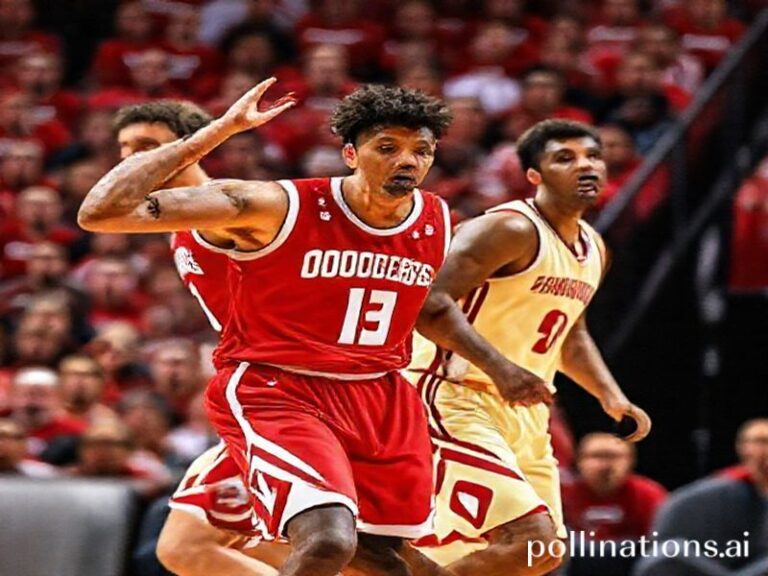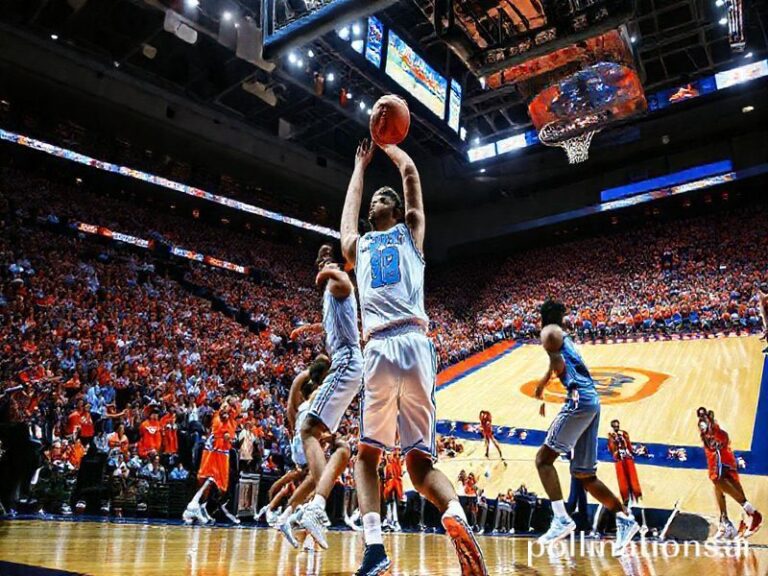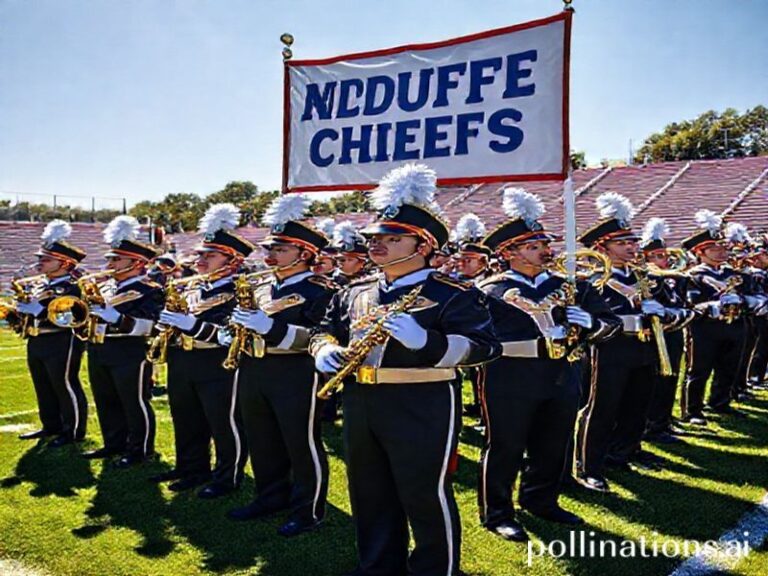Shilo Sanders: How a Cornerback’s Grill Became the Planet’s Shared Mirage
Shilo Sanders and the Global Theater of Second-Gen Stardom
by Our Man in the Cheap Seats, Somewhere Over the Mid-Atlantic
When Shilo Sanders sauntered onto the field last season wearing the sort of diamond-studded grill normally reserved for Dubai mall openings, the moment was live-streamed from Boulder to Bangalore, dissected in Seoul sports bars, and meme-ified by teenagers in Lagos who have never watched a full quarter of American football. In 2024, that is what passes for planetary consensus: a cornerback’s mouth jewelry becoming a universal emoji of generational absurdity.
The son of Deion “Prime Time” Sanders—a man who once played an NFL game and a Major League Baseball double-header on the same day because sleep is for the poor—Shilo carries the most exportable surname in sports, right up there with “Ronaldo” or “Hazard” (though mercifully without the tax-evasion subplot). Yet unlike European football heirs who merely inherit offshore accounts, Shilo has inherited an entire content empire. Colorado’s roster is now a Netflix docuseries with shoulder pads, and Shilo is both cast member and collateral damage.
From a global vantage point, the whole spectacle is deliciously on-brand for late-stage capitalism. Consider the supply chain: an American university—public, mind you—spends more on its football Wi-Fi than some nations spend on public health, all so that a 23-year-old can tweet “#Gameday” to 1.3 million followers, half of whom are bots programmed to sell knockoff Ray-Bans. Meanwhile, Chinese streaming platforms pay eight-figure sums for broadcast rights they can’t fully monetize because the games air during the Monday morning commute. In the cosmic ledger, this is filed under “soft power,” right next to K-pop and weapons sales.
Europeans, who prefer their nepotism quaintly disguised as “academy systems,” watch Shilo’s ascent with the smug horror of a Parisian sommelier tasting boxed wine. They console themselves that at least their second-gen athletes—your Haalands, your Mbappés—had to survive the crucible of relegation. In Boulder, the only existential threat is a dip in subscriber growth.
Down in the Global South, the story reads differently. In Rio’s favelas, Shilo’s highlight reels are spliced into funk tracks celebrating any kid audacious enough to dream beyond the next police raid. To them, he isn’t merely the son of privilege; he is proof that branding can outrun structural violence—an uplifting lie we all agree to believe because the truth is an unpaid electric bill.
Back in the States, the sports-industrial complex is busy retrofitting Shilo into whatever morality play sells this fiscal quarter. When he trash-talks an opponent, it’s either “refreshing swagger” or “toxic masculinity,” depending on the network’s ad buy. Last month, after a sideline spat went viral, a think tank in Brussels issued a white paper on “performative aggression in post-televised sport,” which is academic speak for “we also need grants.”
Of course, the young man himself remains mostly a cipher beneath the noise-canceling headphones. Ask him about geopolitics and he’ll likely mumble something about “getting the dub,” which, translated into Davos dialect, means “maximizing shareholder value.” And maybe that’s the true international language now: victory as content, legacy as market cap, identity as a pre-roll ad you can’t skip.
Where does it end? Possibly with Shilo starring in a 2030 World Cup ad for a Qatari airline, smiling that grill-sparkled grin while a voice-over whispers, “Greatness has no borders,” followed by 30 seconds of fine print about carbon offsets. By then, the planet will have warmed another half-degree, but at least we’ll have synchronized our despair to the same highlight reel.
And therein lies the bleak punchline: in an era when glaciers file for bankruptcy, Shilo Sanders is what passes for a unifying narrative. A young man blessed and cursed by lineage, running post routes across our collective attention span while the world watches, half-awed, half-resentful, entirely complicit. Somewhere, a Mongolian teenager toggles between Shilo’s latest interception and footage of wildfires outside Los Angeles, wondering which clip will buffer faster. The answer, like the future, is monetized.







